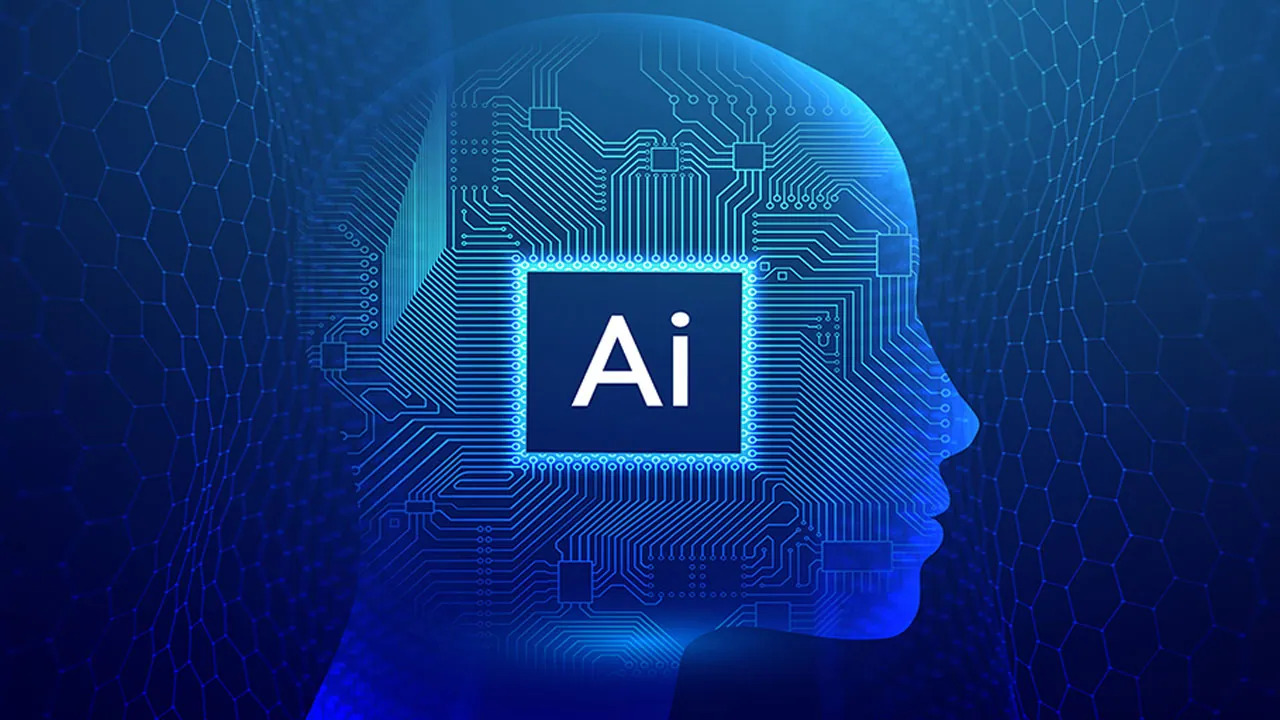Many were shaken by a recent declaration made by Anthropic CEO Dario Amodei amid worries about how AI will affect coding.
On Saturday, March 15, a user wrote one of the most bizarre bug complaints ever on Cursor’s official forum. Cursor is a new AI tool that generates and edits lines of code.
A racing game’s code was being generated by the developer utilizing Cursor when the AI programming assistance suddenly stopped working and instructed the developer to “develop the logic yourself.” According to the bug complaint, the curator’s response stated, “Generating code for others can lead to dependency and reduced learning opportunities.”
Cursor’s remark strangely relates to a rising issue that has recently engulfed the software engineering industry, even though AI assistants are known to have declined to finish their duties in the past.
With the emergence of AI coding tools like Devin AI, Windsurf, Replit, Cursor, GitHub Copilot, and Claude 3.7 Sonnet, the IT industry seems split on important issues like whether AI will transform coding. How much code will it really automate, if at all? What is meant by vibe coding? And is it still worthwhile for people to spend time learning to code?
Let’s examine the various facets of the current discussion in order to comprehend what AI actually entails for coding abilities.
“AI will completely replace coding.”
Although there have long been worries about how AI could affect software development, the matter reached boiling point when Dario Amodei, CEO of the AI startup Anthropic, made a statement that shocked many.
Speaking last week at a Council of Foreign Relations event, Amodei said that within a year, AI will be able to produce all of the code needed to create software. “I believe that in three to six months, 90 percent of the code will be written by AI. And then, in a year, we might live in a world where almost all of the code is written by AI,” he remarked.
Amodei went on to say that software developers will play a part in the near future. However, I believe that AI systems will eventually take down all of those tiny islands. After a while, artificial intelligence will be able to perform all human tasks. And I believe that will occur in all industries,” he continued.
Amodei went on to say that software developers will play a part in the near future. However, I believe that AI systems will eventually take down all of those tiny islands. After a while, artificial intelligence will be able to perform all human tasks. And I believe that will occur in all industries,” he continued.
Garry Tan, the president and CEO of startup accelerator Y Combinator, similarly echoed the audacious statement made by the CEO of Anthropic. “95% of the lines of code for 25% of the Winter 2025 batch are created by LLM. In an X post, Tan stated, “That isn’t a typo.”
By the end of 2025, InMobi’s creator and CEO, Naveen Tewari, said the mobile advertising platform was on course to automate 80% of software engineering. By the end of this year, my CTO will have 80% of software coding automated. Fifty percent has already been reached. Tewari claimed that the machine’s codes are better, faster, and self-correcting.
Tewari stated, “I think my software engineers will go away,” in reference to the future of software engineering careers. Two years from now, they won’t be employed. During an interview with NYT’s Hard Fork podcast, Amodei of Anthropic stated that he also plans to do more with fewer developers in the upcoming year.
“AI is not a substitute; it is a tool.”
IBM CEO Arvind Krishna disagreed with Amodei, stating that only 20 to 30 percent of code will be generated by AI, compared to 90 percent. Are there any extremely basic use cases? In an interview at SXSW 2025, an annual tech, music, comedy, and film conference that took place last week in Austin, Texas, the United States, Krishna stated, “Yes, but there’s an equally complicated number of ones where it’s going to be zero.”
Additionally, he believed that rather than replacing programmers, AI would increase their productivity. However, it was claimed that IBM intended to stop employing for back-office positions in 2023 since the computer giant anticipated that AI would take over such responsibilities.
According to Sridhar Vembu, the founder of SaaS giant Zoho, AI programming tools are excellent at producing boilerplate code for a variety of projects, but depending on the project’s needs, they can only increase productivity by 10% to 20%.
Vembu provided a more nuanced perspective, stating that he was negative about the software job market for reasons other than artificial intelligence. According to the former CEO of Zoho, who resigned a few months ago, the business software sector is beset by significant inefficiencies brought on by the flood of venture capital, private equity, and IPO-driven finance.
“Those multiple IT inefficiencies that have been accumulated over decades are now being confronted,” he stated.
Vibe coding: what is it?
The issue also centers on how large language models (LLMs) can transform every user with rudimentary communication skills into a new kind of coder, which goes beyond the comments about AI vs. jobs. Software development’s entry hurdle has been greatly reduced by LLMs.
Vibe coding is useful in this situation. Andrej Karpathy, a former OpenAI researcher, recently came up with the humorous term “vibe coding.” Asking an LLM, such as ChatGPT, to develop a software program based on a description without understanding how the code actually functions is an increasing user behavior.
I refer to this new type of coding as “vibe coding,” in which you completely surrender to the vibes, accept exponentials, and lose all awareness that the code is there. Karpathy wrote in a post on X that it might be because the LLMs (like Cursor Composer [with] Sonnet) are becoming too good.
“I just work around it or ask for random changes until it goes away because sometimes the LLMs can’t fix a bug,” he continued.
The vibe coding approach’s ability to generate dependable code appropriate for practical applications has been questioned, nonetheless.
LLMs and AI-assisted coding tools have also come under fire from seasoned developers who claim that inexperienced programmers are using them as a crutch because they rely too much on AI and lack traditional programming skills.
Is it better to learn to prompt or to code?
Many people think that learning to code is still more valuable than ever, even in light of worries about AI automating software engineering professions.
According to Coursera co-founder and AI expert Andrew Ng, telling people not to study programming because AI will automate it is “some of the worst career advice ever given.”
Programming grew simpler in the 1960s when punchcards—where a programmer had to painstakingly puncture physical cards to write code character by character—were replaced by keyboards with terminals. In a blog post, he stated that this made it a better time than ever to start programming.
With the popularity of AI-assisted coding tools, the leader of the AI industry also underlined the significance of upskilling.
“The most frequent question I get is what someone should do if they are concerned about AI taking their jobs. The ability to tell a computer exactly what you want it to do will be one of the most crucial skills in the future; therefore, my response is to learn about AI and take charge of it,” he stated.








